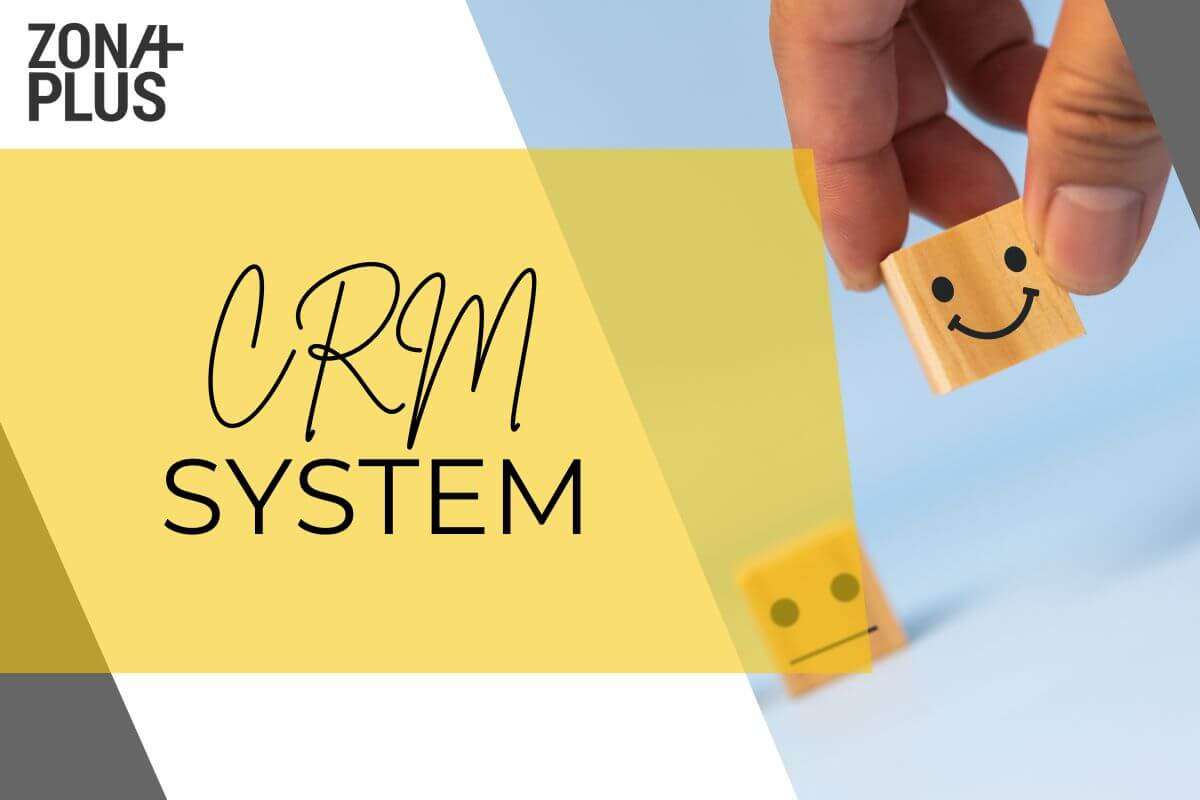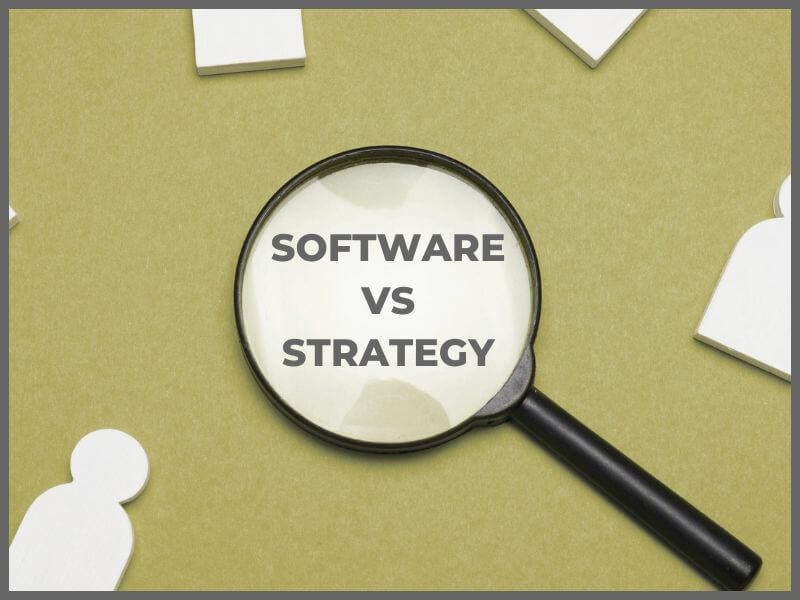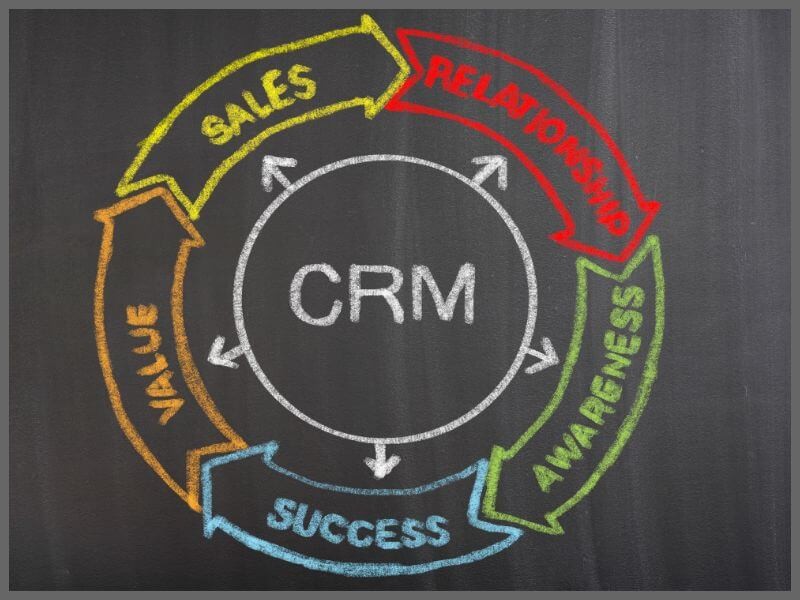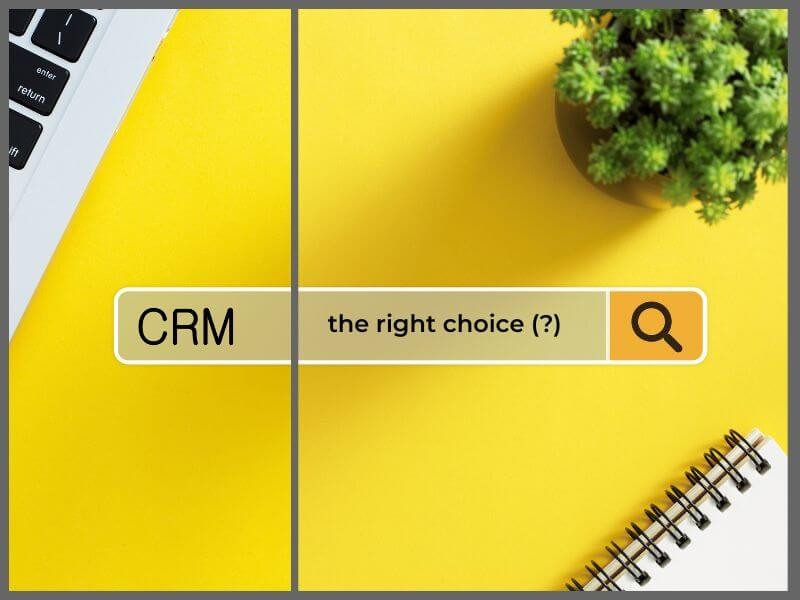
In the sea of business acronyms, you've undoubtedly come across CRM. You probably couldn't figure out what CRM is, but you understood that the person you heard this term from simply can't function without it and would very likely "go under." CRM is an entire business philosophy that may have a slow approach but is definitely changing the rules of the game. And you need it—you really do.
CRM is a system that encompasses your customer's entire lifecycle (Customer Lifetime Value - CLV), from the first hello to the last "thank you and come again".
Simply put, a CRM (Customer Relationship Management) system is like a personal assistant for each of your clients, remembering their birthdays, favourite products, and even how they like their coffee.
In the pre-internet era (yes, such a time really existed), important customer data was written on pieces of paper and notebooks, kept in various folders or (more modernly) in Excel spreadsheets. Definitely an inefficient approach, prone to errors.
Digitalisation has transformed the way we track and nurture customer relationships. From the first digital databases to cloud solutions, CRM evolves more and more every day.
Today, you can access the entire history of interactions with a client with just a few clicks.
Why could CRM be of use in business?
Imagine being able to see all the information about your customers in one place.
That's CRM.

Centralised data means the end of paper notes and Excel spreadsheets.
Everything you need to know about your customer is there, in one place, ready to improve your sales and communication.
CRM allows you personalisation, but also much more than that.
Your customer is no longer just a number but someone whose wishes you can fulfil even before they think of them.
If you believe in the saying "the customer is always right", with a CRM system, you're always one step ahead.
CRM systems centralise customer information, automate processes, and improve communication.
The difference between CRM software and CRM strategy lies in their application.
While CRM software is a technological solution for collecting and processing data, CRM strategy is a broader business approach that defines how your company uses that data to improve relationships with clients or customers.
An effective CRM strategy integrates software with the company's business processes and goals.
The development of CRM technology over the years has been marked by the transition from simple databases to sophisticated systems.
Today's CRMs integrate advanced analytical tools, artificial intelligence, and behaviour prediction capabilities.

Modern CRM systems provide a wide range of advanced functions that enhance business processes.
These functions enable companies to manage customer relationships more effectively, automate routine tasks, analyse data, and integrate various business tools into a single system.
The most important functions of a CRM include:
Contact and lead management
Sales process automation
Analytics and reporting
Integration with other business tools
Customer experience personalisation
Mobile access
Customer support management
.jpg)
A CRM system has numerous advantages and functions that will quickly become indispensable, such as:
CRM enables a personalised approach to each client, resulting in better customer satisfaction and loyalty, and enables timely and relevant communication.
Sales teams have access to up-to-date information in real time, enabling faster and more efficient sales closures and facilitating the tracking of the sales funnel and the status of each potential client.
Detailed analysis of collected data provides insight into customer preferences, enables the adaptation of products and services to specific market needs, and helps in predicting future customer needs.
Provides information on the effectiveness of different marketing channels and campaigns, enables maximum optimisation of marketing strategies, and helps increase return on investment (ROI).
Centralises client information, making it available to everyone, greatly facilitates collaboration between sales, marketing, and customer support, and reduces task duplication and improves team efficiency.
Reduces time spent on administrative tasks and minimises human errors in data entry and processing, thus freeing up employees' time to focus on strategic activities.
Comprehensive reports and analytics for informed decision-making enable the trends identification and patterns in customer behaviour, thus helping to predict future business opportunities and challenges.
Increases customer retention, i.e., helps identify signs of potential customer churn, and facilitates the implementation of loyalty programs.
Supports business growth without significant increases in administrative costs, allows easy addition of new users and functionalities as needed, and provides consistency in processes as the company grows.
Enables faster, more efficient responses to customer inquiries, provides a comprehensive overview of the history of customer interactions, and helps identify common problems and develop proactive solutions.

A local CRM system, also known as an "on-premise" CRM, is a solution where the entire infrastructure is located within your company.
This means that all key elements of the system—hardware, software, operating system, and database—are physically located and maintained on the company's premises using the CRM.
This gives you complete control over the CRM system but at the same time, requires significant investment in IT infrastructure and maintenance personnel.
Cloud-based CRM solutions, on the other hand, are hosted on the service provider's servers and are accessible online. This option offers greater flexibility, scalability, and lower initial costs.
There are many CRM platforms on the market, such as:
Successful CRM implementation also involves careful planning.
You'll need to clearly define your goals, map business processes, and prepare data for migration.
Employee education is of utmost importance here if you want your CRM system to succeed.
Educate your employees to acquire all the necessary knowledge, efficiently use CRM, and understand how much it can improve their daily work.

There are several clear indicators that your business desperately needs a CRM system.
If you're getting lost in a pile of customer data, that's the first sign of a need for structure and an information management system.
Another indicator is an unorganised sales process. If your team doesn't have a clear overview of the stages of the sales funnel and the status of each potential client, CRM will improve efficiency.
Missing follow-up opportunities often happen when there's no systematic way of tracking customer interactions.
CRM systems also have reminder automation, so no opportunity is missed.

CRM systems definitely have numerous advantages for companies of all sizes, from improved communication to increased sales efficiency.
However, successful implementation requires careful planning and continuous monitoring.
The decision to introduce CRM should certainly not be taken lightly.
Carefully consider your business's specific needs, current challenges, and long-term goals from all angles.
Of course, you should also consider the resources needed for system implementation and maintenance.
If you decide on a CRM system, it's important to choose a solution that best fits your business strategy and ensure full support and complete education for all employees who will use the system.
Properly (and fully) used CRM is essential for the growth and improvement of your business.
If you need help selecting or implementing a CRM system in your business, contact us. We know how important CRM is.